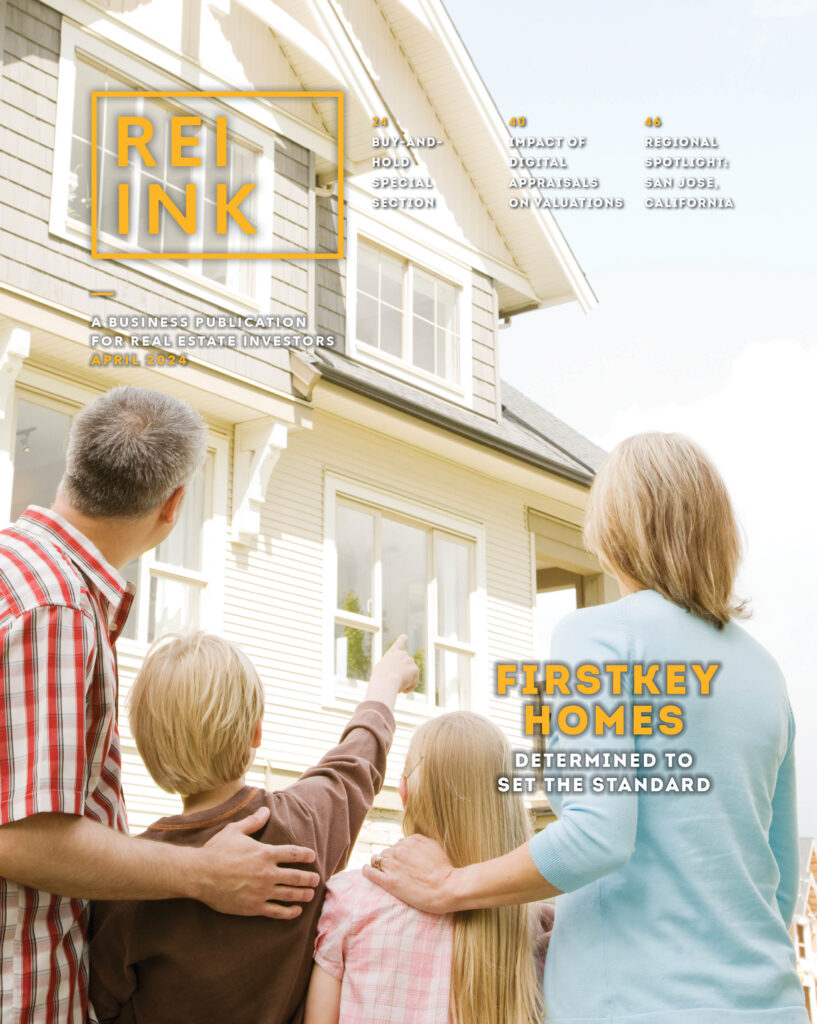2020: The Year of the Platform

How “proptech” innovators are transforming residential real estate
Although early innovators such as Zillow have been around for almost two decades, the full impact of the internet on the real estate industry has come into focus in just the last few years.
Dozens of new VC-backed companies have come online and are challenging existing business models. A new type of company called an “iBuyer” (e.g., Opendoor) offers homeowners a new way to sell their houses. This new approach is fast and easy compared to traditional methods of selling real estate.
Companies such as HomeLight, which started as a “smarter” way to find a real estate agent, have expanded to offer iBuyer and cash buyer options via partnerships with companies like Opendoor. In addition, they’ve added several related services, including mortgage, title and—in a few states—escrow. HomeLight, for example, saw an opportunity to expand from a point solution to a platform that could offer a better client experience and capture more revenue through the entire real estate transaction lifecycle.
The advent of service platforms like HomeLight is transforming the real estate landscape by offering consumers ease, convenience and exceptional experience. Rather than contact a single agent or cash buyer, homeowners can now work with a single platform provider that can assess their needs and offer the best combination of services to create the desired outcome.
How did we get here?
Three big trends have reshaped residential real estate as we enter this new decade:
- The digitalization of real estate, including big data and property technology (proptech).
- iBuyers & Instant Offers, which offer sellers a quick and easy way to sell.
- The evolution of Zillow, which has evolved from online ads to instant offers to a complete platform.
Let’s examine how these three trends are building blocks for the new age of residential real estate.
Big Trend 1
Digitalization: Big Data and Proptech
It used to be that only the real estate pros had access to data related to properties and home sales. Consumer access to data forever altered real estate as Zillow and other websites opened the doors to data that was once locked in local MLS systems and county data repositories.
Later, new proptech companies like HomeLight began to collect and analyze agent performance data in order to offer consumers a smarter way to identify an agent. Proptech empowers home sellers and buyers by adding intelligence (algorithms, etc.) to the massive amounts of property and transaction data available.
Big Trend 2
iBuyers and Instant Offers
For many years, homeowners who wanted to sell a house retained a broker or agent and put the property on the market (MLS). If the house was in rough shape, the seller could sell off market to a local real estate investor. These retail (agent) and wholesale (investor) markets satisfied the needs of a wide range of home sellers.
Then, along came the “iBuyers”—Opendoor in 2013, Offerpad in 2015 and Zillow Offers in 2017. They transformed the real estate industry. iBuyers blurred the lines between the retail and wholesale worlds, making it possible for a seller to get an immediate cash offer that is “close to retail” but also fast and easy.
Interestingly, iBuyers are not usually direct competitors with investors. iBuyers typically don’t want homes that need a lot of repairs. Their core value proposition is to offer an alternative to selling the traditional way with an agent (by eliminating the need to find a buyer for the current home before looking for a new home).
Big Trend 3
The Evolution of Zillow
When it launched 16 years ago, Zillow was an exciting new real estate portal that gave brokers and agents a compelling new way to market properties and connect with clients online. The company added rental searches in 2009. Soon Zillow replaced the real estate information on the websites of online newspapers and portals such as Yahoo, AOL and MSN. Zillow’s biggest competitor was Trulia, which it acquired in 2015.
When Zillow Offers launched in 2017, it sent a wave through the real estate industry. Agents began to question whether Zillow was friend or foe. Zillow further expanded its consumer services in 2018 by acquiring Mortgage Lenders of America and began to offer home loans to consumers.
As Zillow evolved, other players in the industry felt pressured to evolve as well. To compete with Zillow, it was no longer enough to offer only retail brokerage because consumers were now aware of the iBuyer alternative. As a result, brokerages such as Keller Williams, Realogy, RedFin and eXp Realty have all rushed to provide an “Instant Offer” alternative, especially in major markets served by Zillow Offers and Opendoor. Pairing an Instant Offer with a Listing Agreement has become table stakes in our industry.
Where Are We Now?
2020 marks the culmination of almost 20 years of digital evolution in the real estate industry. In the past, residential real estate was characterized by many individual players who performed individual services such as buying homes, listing homes for sale, providing home loans and transaction processing. Today, many of these services are being integrated to create more comprehensive solutions for real estate consumers.
While the home seller or buyer now has mountains of data and a multitude of new ways to sell or purchase a home, this evolution has created a new problem for the consumer. Namely, it’s confusion that comes from having so many options to consider, combined with a relatively complex underlying process.
Integrated Service Platforms
Because they now have so many options, consumers often are not sure where to start or which options are the best fit for them. One way that our industry will address this issue is through residential real estate platforms.
HomeLight is another example of a company that has evolved from a single-service provider into a complete service platform. From its beginning as an agent referral service, HomeLight has added iBuyer and investor options (via strategic relationships), plus a number of complementary transactional services such as mortgage, title and escrow. This allows HomeLight to provide a consumer-centric, one-stop-shop marketplace for real estate needs.
These consumer-focused platforms will be at the heart of real estate in 2020 and beyond because they help consumers navigate the increasingly complex world of residential real estate services.
Strategy for 2020 and the Decade Ahead
For many real estate companies and individual service providers, the smart strategy in 2020 will be to partner with one another to offer a broader set of solutions for home sellers and buyers. In the decade ahead, consumer-focused platforms like Zillow, HomeLight and others will be the enablers that allow us all to work together to provide an outstanding consumer experience.













